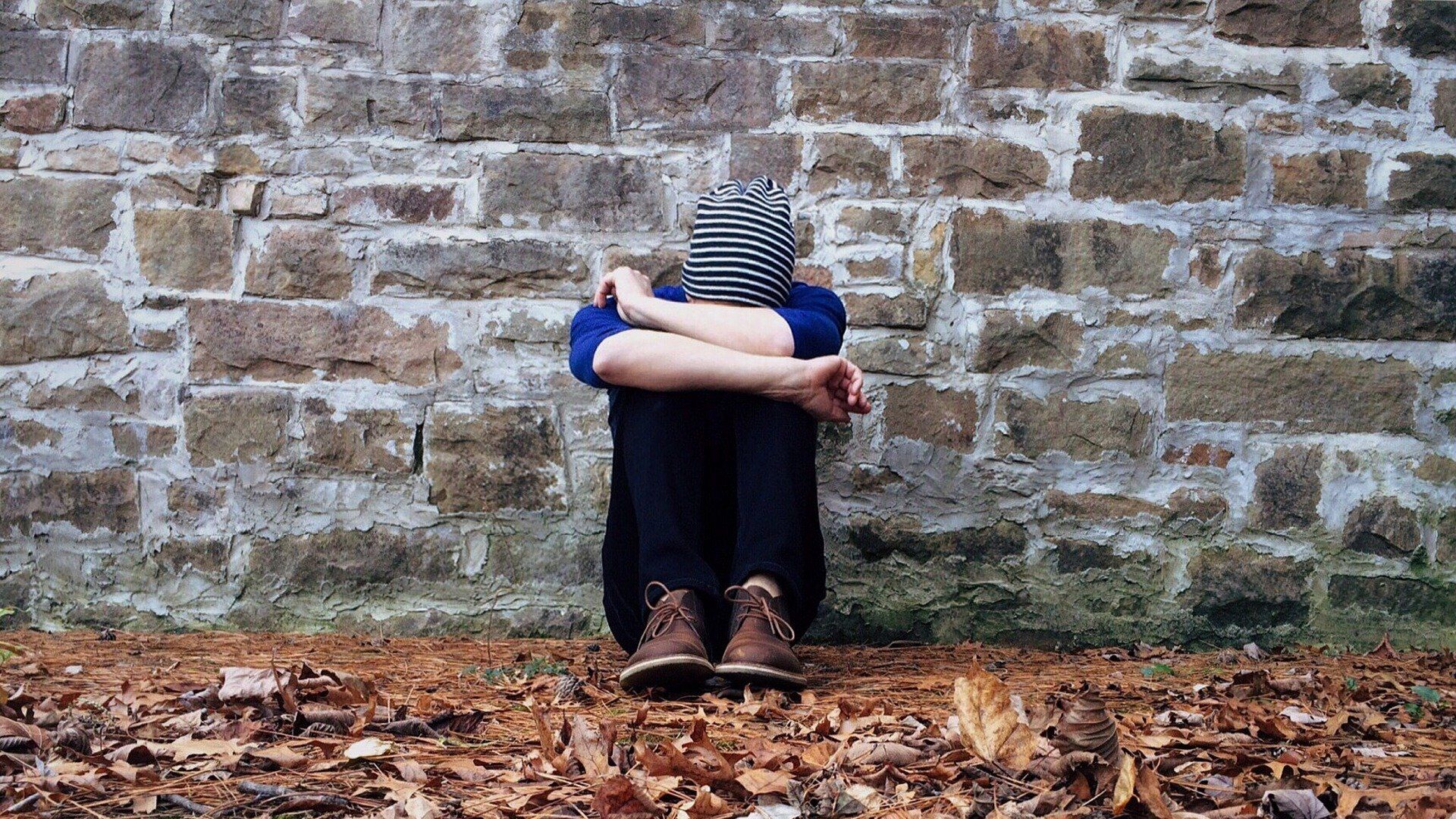https://sputnikglobe.com/20220928/chronically-unhappy-it-could-be-killing-you-study-finds-1101293419.html
Chronically Unhappy? It Could Be Killing You, Study Finds
Chronically Unhappy? It Could Be Killing You, Study Finds
Sputnik International
If you’ve ever been told by a doctor you have the “body of someone half your age,” you might be happier – no, really. In the fields of gerontology and... 28.09.2022, Sputnik International
2022-09-28T01:16+0000
2022-09-28T01:16+0000
2022-09-28T01:13+0000
world
loneliness
heart disease
new study
aging
https://cdn1.img.sputnikglobe.com/img/105350/68/1053506802_0:0:1920:1080_1920x0_80_0_0_a7ebd2d6868c53042bbffd82daacde94.jpg
A new study conducted by researchers at Stanford and Hong Kong University shows that one’s mental health plays a larger role in the aging process than previously thought. The team, composed of scientists from both Hong Kong and the United States, learned that feeling unhappy for lengths of time damages our biological clock, potentially leading to heart disease, Alzheimer’s, and other age-related illnesses.The research, part of the China Health and Retirement Longitudinal Study, developed an “aging clock” using blood test data to demonstrate the connection between the physical and psychological elements of aging. It was able to detect “accelerated” aging in people with heart, liver, and lung conditions, and was able to demonstrate that psychological factors, especially unhappiness or loneliness, “significantly” influence one’s biological age.Feelings of sadness and loneliness alone are capable of increasing one’s biological age by over 1.5 years – more than smoking, which was found to add up to 1.25 years to a person’s “biological age,” or how old we appear.The study has implications for programs seeking to promote overall wellness, with the potential for mental health promotion to be included in anti-aging intervention programs. “We conclude that the psychological component should not be ignored in aging studies due to its significant impact on biological age,” the researchers wrote.In addition to loneliness and unhappiness, factors such as living in a rural area (due to lesser access to medical services), and being unmarried also contributed to biological age and early death.The study looked at adults aging from middle to elderly ages, and it is unclear if the same results apply to younger age groups.
Sputnik International
feedback@sputniknews.com
+74956456601
MIA „Rossiya Segodnya“
2022
News
en_EN
Sputnik International
feedback@sputniknews.com
+74956456601
MIA „Rossiya Segodnya“
Sputnik International
feedback@sputniknews.com
+74956456601
MIA „Rossiya Segodnya“
loneliness, heart disease, new study, aging
loneliness, heart disease, new study, aging
Chronically Unhappy? It Could Be Killing You, Study Finds
If you’ve ever been told by a doctor you have the “body of someone half your age,” you might be happier – no, really. In the fields of gerontology and anti-aging meds, there’s a distinction between biological age, or the condition of our cells, and chronological age. New research suggests that happiness correlates to remaining “young’’ for longer.
A new study conducted by researchers at Stanford and Hong Kong University shows that one’s mental health plays a larger role in the aging process than previously thought. The team, composed of scientists from both Hong Kong and the United States, learned that feeling unhappy for lengths of time damages our biological clock, potentially leading to heart disease, Alzheimer’s, and other age-related illnesses.
The research, part of the
China Health and Retirement Longitudinal Study, developed an “aging clock” using blood test data to demonstrate the connection between the physical and psychological elements of aging. It was able to detect “accelerated” aging in people with heart, liver, and lung conditions, and was able to demonstrate that psychological factors, especially unhappiness or loneliness, “significantly” influence one’s biological age.
Feelings of sadness and loneliness alone are capable of increasing one’s biological age by over 1.5 years – more than smoking, which was found to add up to 1.25 years to a person’s “biological age,” or how old we appear.
“Your body and soul are connected — this is our main message,” said Fedor Galkin, a co-author of the study and lead scientist at the Hong Kong startup Deep Longevity.
The study has implications for programs seeking to promote overall wellness, with the potential for mental health promotion to be included in anti-aging intervention programs. “We conclude that the psychological component should not be ignored in aging studies due to its significant impact on biological age,” the researchers wrote.
In addition to loneliness and unhappiness, factors such as living in a rural area (due to lesser access to medical services), and being unmarried also contributed to biological age and early death.
“Mental and psychological states are some of the most robust predictors of health outcomes — and quality of life — and yet they have been omitted from modern health care,” said Manuel Faria, a researcher at Stanford and co-author of the study.
The study looked at adults aging from middle to elderly ages, and it is unclear if the same results apply to younger age groups.


